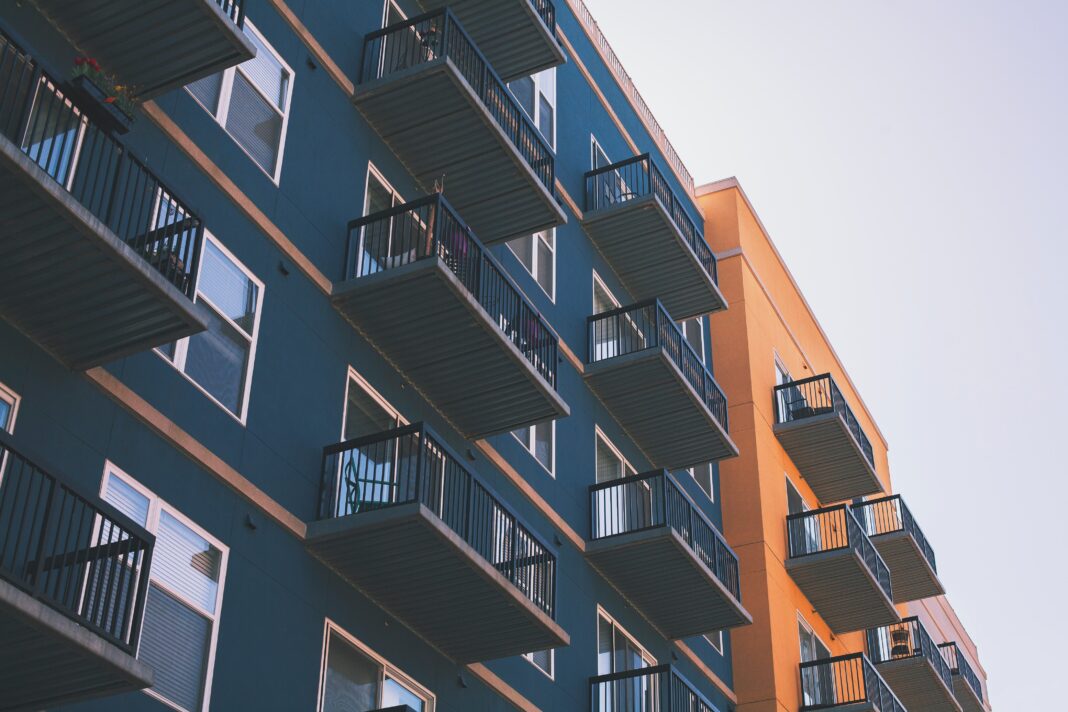WEST HOLLYWOOD—The commercial and residential eviction moratoriums for West Hollywood have been extended to September 30. West Hollywood’s City Council approved it in a vote during a regular meeting on Monday, July 20. They also revised the Urgency Ordinance, which includes new information for landlords and tenants to follow.
Members of the public and the Apartment Association of Greater Los Angeles (AAGLA) explicitly shared their concerns or support with the City Council, as well as abuse of the situation under the eviction moratorium.
On March 16, the city passed the ordinance, which established the temporary eviction moratorium. It was previously extended to July 31. The current moratorium allows commercial and residential tenants to defer paying rent during the effective period due to financial impacts related to COVID-19 and prevents most residential evictions.
As stated in the updated ordinance, changes include:
Tenants must demonstrate lost income and inability to pay rent due to limitations, closure, or other financial impact related to COVID-19. Within 30 days, after the date rent is due, tenants must notify their landlords in writing about these issues. Beginning August 1, supporting documents must also be included with the notice.
A security deposit can be used to pay deferred rent any time, including during the repayment period. The deposit can be replenished by the end of the 12-month repayment period or longer, if the parties agree in writing.
Commercial landlords cannot attempt to evict tenants for not paying rent if the tenant proves that their business is subject to the Orders referenced in Section 1 of the ordinance. Or, tenants must prove that they are limited or closed, voluntarily or by mandate, to prevent COVID-19 infections.
Tenants are still responsible for unpaid rent. Landlords may seek that amount after the moratorium ends, and tenants must then pay within six months of that end date.
“A landlord may not charge or collect a late fee or interest for rent that is delayed for the reasons stated in this ordinance; nor may a landlord seek rent that is delayed for the reasons stated in this ordinance through the eviction process during the moratorium period,” a section in the ordinance reads.
During the six months after the end of the moratorium, landlords cannot begin an eviction for unpaid rent that is delayed for the reasons stated in the ordinance. Tenants must pay rent in a timely manner after the moratorium period, and repay past due amounts that accrued.
“This ordinance is intended to provide certainty for tenants that they will not be forced from their homes during a pandemic and during the period of safer at home orders. The purpose of the ordinance is to prevent the spread of COVID-19, prevent homelessness and avoid displacement during safer at home orders,” the document says.
According to the staff report, the West Hollywood City Council expects the demand for mediation services to rise after the commercial eviction moratorium ends. Conversations with landlords and tenants have influenced the prediction.
In a letter to Mayor Lindsey Horvath and the City Council, dated July 16, Danielle Leidner-Peretz, Director of Government Affairs and External Relations at the Apartment Association of Greater Los Angeles (AAGLA), said:
“The AAGLA requests that the City Council consider the concerns and recommendations set forth in this letter. The unprecedented and dynamic COVID-19 pandemic is continually evolving and necessitates measured and thoughtful government response. We urge the Council to continue to take this approach as it deliberates the extension of the moratoriums and to limit any extension to a period of no more than 30 days.”
Leidner-Peretz also said the AAGLA continues to urge the City Council to create a deferred rent repayment plan schedule. The association indicated their support towards requiring supporting documents as well as the option for renters to use their security deposits.
“Another equitable approach for Council consideration is that rather than have renters’ be responsible for a potential lump sum payment of the deferred, unpaid rent due at the end of the twelve (12) months, we suggest that the City Council provide renters with twelve (12) months to pay such unpaid rent commencing with each monthly rental due date in which no or partial rent was paid,” Leidner-Peretz stated.
AAGLA’s complete letter can be found at https://weho.granicus.com/MetaViewer.php?view_id=22&clip_id=3540&meta_id=191387
“There should be an eviction moratorium until the end of the pandemic. Furthermore, do not make it onerous on renters to prove they cannot pay their rent. The current procedure works well and should not be changed at all,” one individual said and submitted to the Council’s meeting.
In an email to the City Council, Nick Shaffer wrote:
“Even though I’m a renter, and I think the moratorium is necessary for those who truly need help, I feel you make it too easy for renters to take advantage. All they have to do is check a box or send an email saying their lives have been affected and they don’t have to pay the rent and will have one year to repay it. It’s going to be very hard for owners to go to court to get their rent owed especially when tenants move (good luck if they move out of state or out of the country). I hope you would encourage renters to try to pay at least half of their rent. I was glad that at the last Council meeting John Duran felt some discussion might be needed before the August rent decision is made.”
“We have commercial tenants who refuse to pay anything. Some have the financial means and are doing so solely to exert leverage. Current legislation is vague and allows this. We have a tenant that literally received over one million in gov’t funding and paid $0. Just as there are bad owners, there are also bad tenants. We need protection from one another,” said Julian Chicha.






